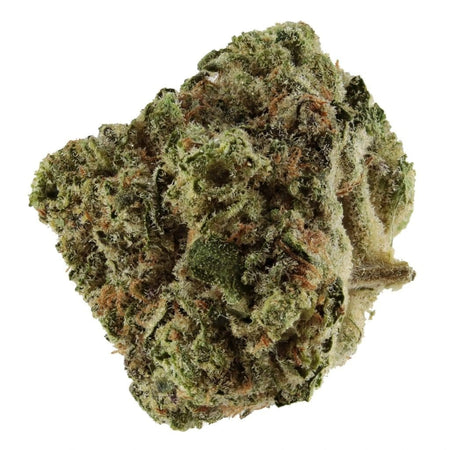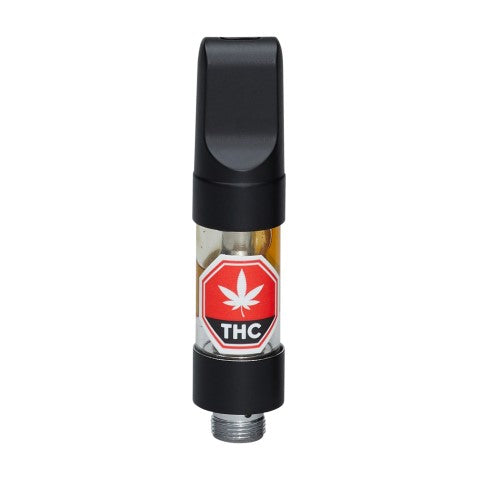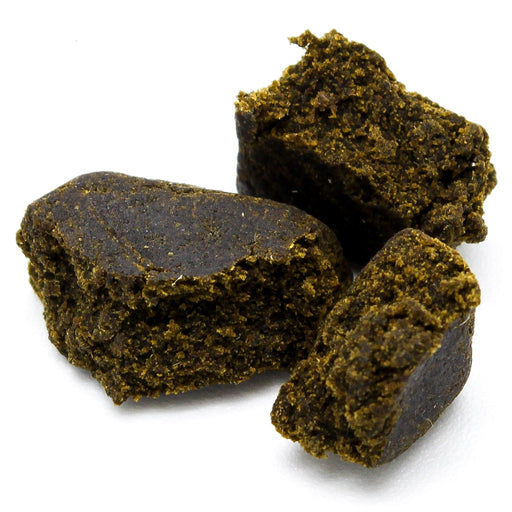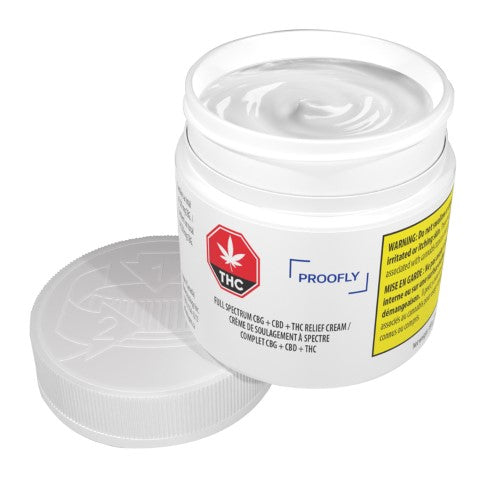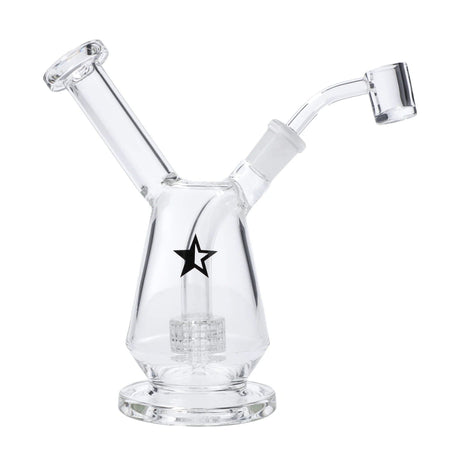Understanding Common Fears and Misconceptions
The use of cannabis as medicine has long been shrouded in stigma and misconceptions, which can obstruct its acceptance and utilization in the medical community. One of the primary fears stems from the historical associations of cannabis with illicit drug use and its portrayal in media and public discourse. This historical stigma has ingrained a negative perception, making it challenging for many to dissociate cannabis from its recreational use and appreciate its medicinal potential.
Another prevalent concern is the fear of addiction or dependency. While it is true that cannabis contains psychoactive compounds such as THC, which can be habit-forming, the risk of dependency when used responsibly under medical supervision is significantly lower compared to many prescription medications. It is also essential to note that medical cannabis often includes CBD, a non-psychoactive component that counters some of the psychoactive effects of THC and has its own therapeutic benefits.
Concerns about the legality and regulation of medical cannabis further complicate its acceptance. The legal status of cannabis varies widely across regions, creating confusion and apprehension among potential users. In areas where it is legal, stringent regulations and quality control measures are in place to ensure the safety and efficacy of medical cannabis products. However, the patchwork of laws can deter individuals from exploring cannabis as a treatment option.
The potential for psychoactive effects is another significant fear. Many people worry about the side effects associated with cannabis use, such as altered mental states or impaired cognitive function. It is important to understand that these effects are dose-dependent and can be minimized through careful dosing and selection of cannabis strains with appropriate THC to CBD ratios.
Lastly, a lack of education and awareness about the medicinal benefits of cannabis often leads to hesitation and skepticism. Many individuals are unaware of the extensive research supporting cannabis’s efficacy in treating various conditions, such as chronic pain, epilepsy, and multiple sclerosis. By providing factual information and addressing these concerns directly, we can demystify cannabis and present it as a viable and regulated medical option.
The Science Behind Medical Cannabis and Its Benefits
Cannabis has been utilized for medicinal purposes for centuries, but modern science has only recently begun to unravel the complexities of its therapeutic potential. Central to this are the chemical compounds found in the cannabis plant, primarily tetrahydrocannabinol (THC) and cannabidiol (CBD). THC is well-known for its psychoactive properties, whereas CBD is non-psychoactive and is gaining popularity for its potential therapeutic benefits without the “high” associated with THC.
Numerous studies have demonstrated the efficacy of cannabinoids in treating a variety of medical conditions. For instance, clinical trials have shown that THC can be particularly effective in alleviating chronic pain, a condition that affects millions of people worldwide. In fact, a study published in the Journal of Pain Research found that patients who used THC reported significant reductions in pain intensity compared to those who received a placebo.
CBD, on the other hand, has garnered attention for its effectiveness in treating epilepsy, particularly in children with severe forms of the condition. The New England Journal of Medicine published a landmark study demonstrating that CBD significantly reduced the frequency of seizures in patients with Dravet Syndrome, a severe form of childhood epilepsy. Additionally, CBD has been shown to have anxiolytic properties, making it a promising treatment for anxiety disorders.
Despite these promising findings, it is crucial to approach cannabis as medicine with caution. Proper dosing is essential to minimize potential side effects, which can range from mild (such as dry mouth and dizziness) to more severe (such as cognitive impairment). Consulting healthcare professionals is imperative to ensure that patients receive appropriate guidance tailored to their specific medical conditions.
By presenting a balanced view of the scientific data, we can better understand the legitimacy of medical cannabis and its potential benefits. While more research is needed to fully elucidate the therapeutic potential of cannabis, the existing evidence provides a strong foundation for its use in modern medicine.



